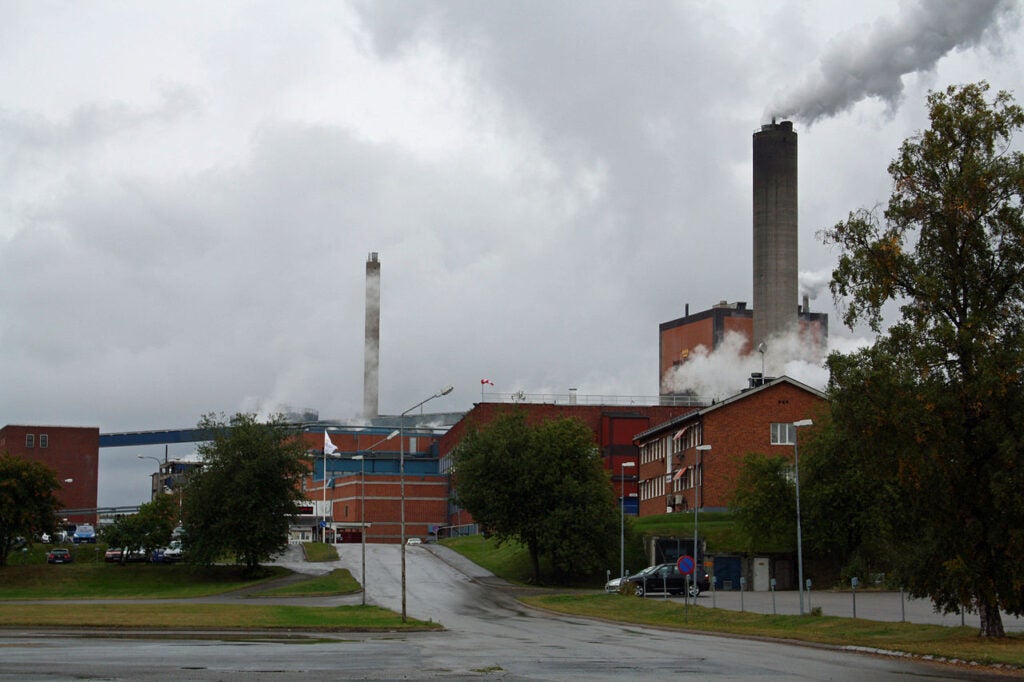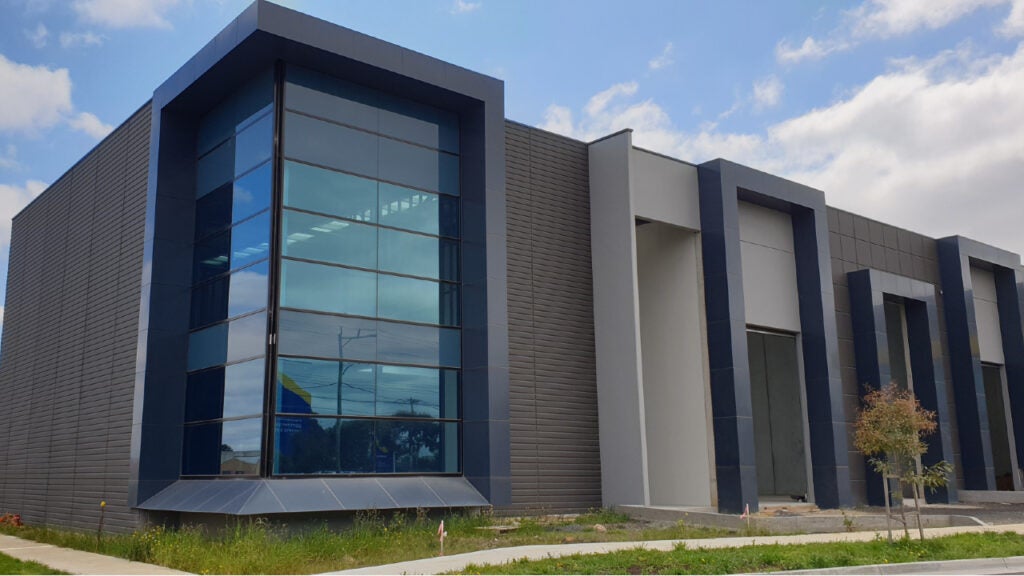Walkers’ crisps production facility in Leicester, UK, is one of the largest crisp production plants in the world.
Walkers is a snack food manufacturer based in the UK and owned by PepsiCo, a food and beverage company based in the US. The company’s factories are highly automated with minimum human intervention.
In May 2023, PepsiCo announced its plans to invest £58m ($72m) in the Leicester factory to increase the capacity of the factory by 11,000t a year and meet the growing demand for Walkers’ products. It is one of the largest investments made by PepsiCo in the UK in the last 25 years.
The improvements will bring new training and upskilling opportunities for more than 1,000 employees at the site into new roles.
Walkers’ crisps production facility expansion details
The new investment in the Leicester facility includes the installation of a new manufacturing line that will increase the production of Walkers’ snacks, especially Wotsits and Monster Munch, for which demand has grown due to new flavours and formats.
In addition, the Wotsits Giants and Monster Munch Giants snacks that are currently manufactured in Europe will be manufactured at the Leicester facility, helping in reducing 915t of transport-related emissions annually.
The investment also includes the replacement of existing machinery with more sustainable equipment. The existing gas-fired ovens will be replaced by electric ovens that will be supplied with 100% renewable energy. The replacement will reduce 1,000t of greenhouse gas emissions annually.
The facility will also be equipped with new packaging equipment, which will reduce the amount of virgin plastic used for outer packaging by 56t a year. The move is part of PepsiCo’s commitment to sustainability and reducing plastic from snack bags in Europe by 2030.
PepsiCo is also focusing on improving employee amenities at the facility. New training areas, a restaurant, meeting rooms and celebration space will be added as part of the investment.
Previous expansion details
In 2006, Walkers initiated a £12m ($20.9m) project to expand its highly automated warehouse facilities and improve production. As part of the project, 10,000 pallet spaces were added to the Leicester site’s southern distribution centre. The expansion increased the pallet spaces at the site to 35,000.
Production process details at the Walkers facility
Potatoes arrive at the factory during the peak season of March to October from the fields. For the rest of the year, they are stored in an environmentally controlled environment.
Upon arrival at the factory, the potatoes are floated out of the transportation trucks using water jets. This is done to ensure that the potatoes are handled carefully as it is essential they are not bruised. If they are bruised, it results in lower-quality brown crisps.
The potatoes are then peeled, sliced to the correct thickness and sent to the fryer. After being fried, the crisps are placed in a rotating drum where flavours are added. The crisps are finally packaged and sealed.
Before being sent out of the factory, the operators at the plant check the packets to ensure they conform to the company’s quality standards. The entire production process of conversion from potatoes to crisps takes only 20 minutes.
Products manufactured by Walkers use what are perceived to be ‘good’ ingredients and additives. The company started using sunseed oil instead of palm oil for frying. Compared to palm oil, Sunseed is healthier and higher in monounsaturated fats.
Equipment installed at the Walkers facility
In order to boost production, Walkers ordered four TLM-F44 automated packaging systems from Schubert UK, for installation in the fourth quarter of 2007. The systems were developed by IPS, Schubert’s specialist packaging integration subsidiary.
The four packaging systems handle the packing of multi bags of crisps by placing the three varieties of packets into horizontal flow wrappers (fill and seal).
The TLM-F44 system is equipped with the carbon fibre TLM-F4 robot arm, which weighs 25% less than the previous aluminium version, allowing faster cycle times.
Storage hoppers above two vibratory bowl feeders supply the lines with 480 bags each minute. The system then uses optical detection to guide pick-and-place robots equipped with vacuum suckers to position the six or 12 packs into in-feed chain carriers. The packets are then sent to form, fill and seal flow wrappers.
The Schubert systems use the company’s patented counter-flow technology, where two chains operate against the flow of the product conveyor, making sure that there are only fully loaded chain divisions. Unidentified or incorrectly positioned crisp packets are sent back to the storage hoppers.
The systems were designed to handle a wide range of pack sizes (six, 12, 14 and 26) and can quickly change over to different product formats.
Sustainable packaging for Walkers’ crisps
In October 2010, Walkers produced eco-friendly crisp packets by using reusable potato peelings. The company believes that potato starch waste bags would be more attractive than bags made from wood pulp.
PepsiCo also invested 14m ($15.6m) to enhance sustainability in food packaging in October 2022. The company started a trial with the UK supermarket Tesco to roll out new cardboard outer packaging for Walkers 22 and 24-bag multipacks. The outer packaging was launched in major supermarkets, following the successful completion of the trial.
In March 2023, PepsiCo announced that it is trialling new paper-based outer packaging for Walker’s baked multipacks. The fully recyclable trial pack can replace the plastic outer packaging on more than 300,000 multipacks.










